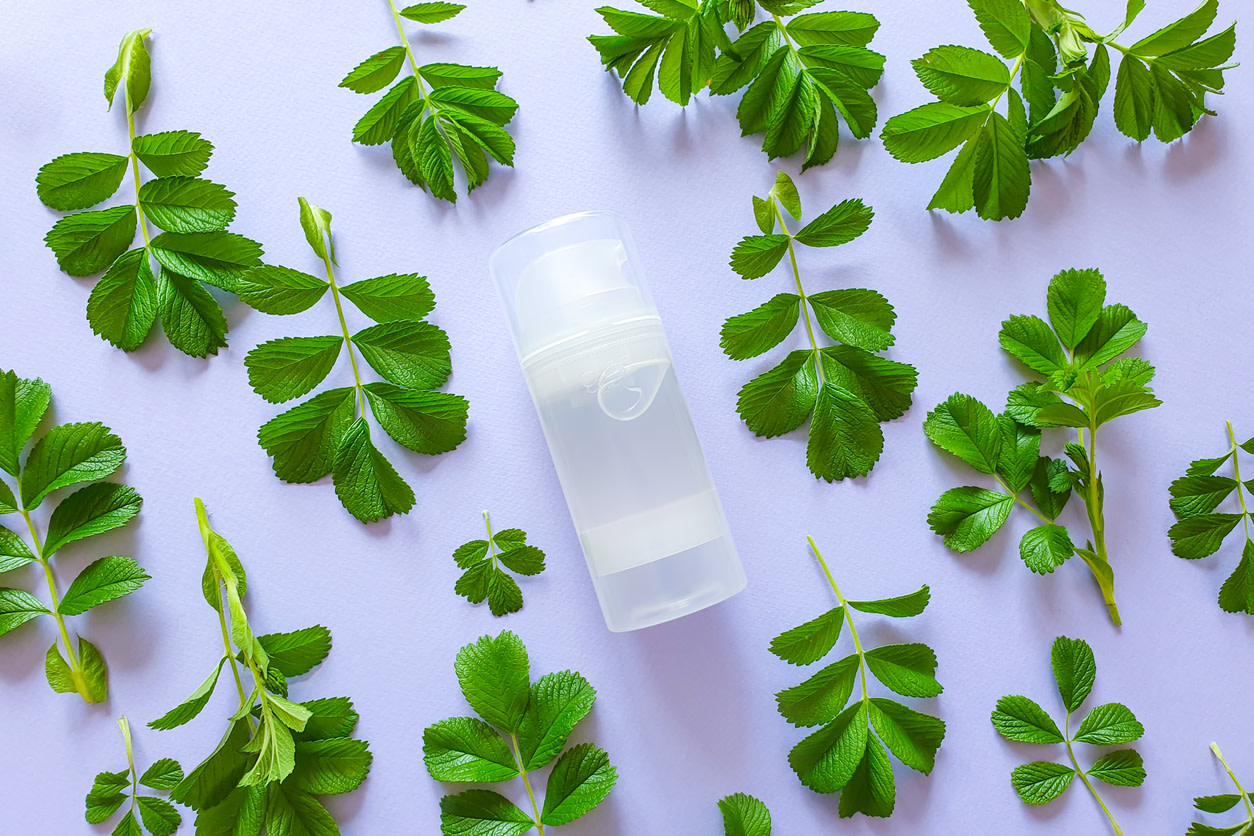Vaginal Lubricants: Tips for Better Pelvic Health
Discover the benefits of using a vaginal lubricant and healthy tips for enhancing pelvic floor comfort during intimacy.
$0 costo para usted
Última actualización: Oct 23, 2025
El índice
Fully Covered Pelvic Care
Find relief from pelvic pain, leakage, muscle weakness, & more.
Check if I'm eligible